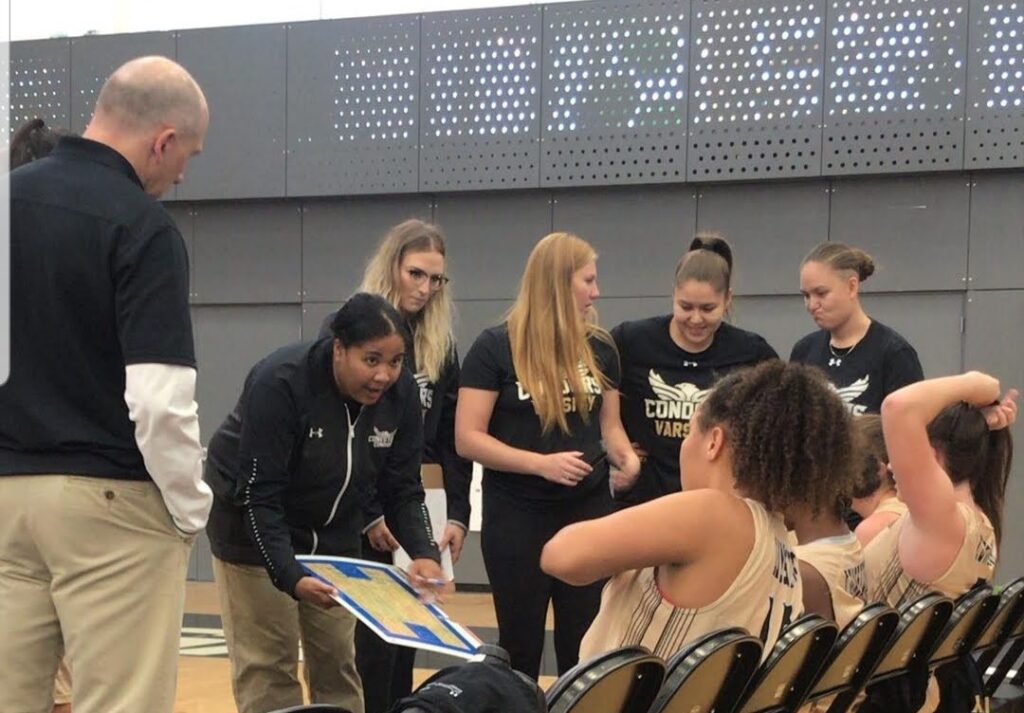Supporting Black coaches and athletes
Sport organizations play an important role in engaging and empowering Black girls and women in sport. By building stronger relationships with communities and recognizing and addressing existing barriers, such as language, cost and social or cultural norms, organizations can support Black women and girls as coaches and athletes.
Sport dropout and re-engagement
As sport leaders and organizations, we’re often concerned with participant retention. We rarely consider how dropout may play an important role in sport development pathways, or potential pathways for sport re-engagement later in life. The inclusion of sport dropout as a potential pathway in long-term sport participation models could push for a dialogue on how…
Rethinking long-term sport participation
Encouraging youth to try multiple sports increases their odds of staying active into adulthood and doesn’t interfere with their chances of reaching high levels of performance. But trying multiple sports means that youth will eventually drop out of at least some of these sports, and existing sport participation models rarely (if ever) discuss sport withdrawal…
Welcoming golf courses
Ensuring that golf courses are welcoming places, where participants feel included, is important for driving women’s golf participation. Beyond offering flexible membership options and informational packages with advice for new members, research shows that clearly marked directional signage and an opportunity to learn the course layout helps to make golf courses welcoming places for women.
The Canadian sport and physical activity community identifies topics for researchers to prioritize

Highlights Adoption in practice of research findings is often sub-optimal because of a disconnect between researchers and the individuals or groups overseeing and facilitating sport and physical activity participation. To help bridge the gap between sport and physical activity research activities and the needs of those best positioned to apply those findings, we conducted a…
Mentoring Black women coaches: Developing confidence through relationships and learning

Photo credit: Conestoga College Condors Athletics Highlights Anyone involved in sport knows that confidence is key. Whether coach, athlete or participant, the importance (and fragility) of confidence can’t be overlooked. The vital and tenuous nature of confidence means steps must be taken to safeguard the confidence of racialized women coaches, who are sometimes the “only”…
Helping women say “yes” to golf
Women are motivated to take part in golf for many reasons, but the traditional structure, rules, and social etiquette of the game can create barriers to their participation. In the SIRC blog, Lindsay Knowlton, founder of Iron Lady Golf, shares strategies and tips to help golf clubs and organizations create inclusive, welcoming environments for women.
Co-participation
Parents and guardians are frequently left on the “sidelines” watching their children participate in sport. Sport organizations can help families overcome barriers to physical activity through co-participation programs. These programs offer organized, intentional opportunities for family health and well-being.
Motivating individuals with intellectual disabilities
Struggling to keep participants with intellectual and developmental disability and autism spectrum disorder engaged in your exercise program? Research suggests the following motivational and verbal encouragement strategies: use of chants and songs, tapping into their imagination (e.g. competing in a race while on the stationary bike or treadmill), and exercising alongside the participant.
Insight to inform program delivery
“Senior decision-makers in community sport organizations need to create opportunities for program leaders to share their experiences and knowledge. Staff know the barriers and challenges experienced by participants, but those barriers and challenges can persist if insights aren’t filtered up the organizational hierarchy.” – Amina Haggar, a University of Ottawa graduate student, shares insights from…